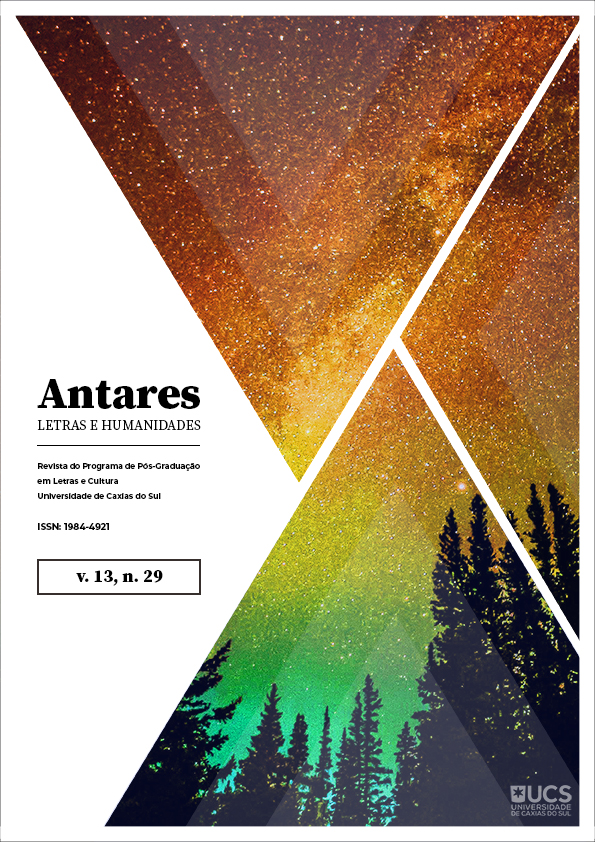Linguistic Refugees: to Migrate or to Translate Oneself? Female Migrant Writers’ Experiences of Writing in Italian
Keywords:
Migrant literature, self-translation, female writing, second languageAbstract
This article explores the experiences of female migrant writers in Italy from East-Central Europe, regarding their literary production in a second language and building on interviews conducted by the author. The analysis takes into consideration the subjective necessity of expressing oneself in a second language to communicate contents that could not otherwise be expressed. The ‘story’ of how a new language was adopted by the writers reflects their expectations not only regarding their literary career but also of their life in a new country. The choice of using a foreign language within Italian publications is analysed regarding its communicative power, suggesting that both translating and avoiding translating participate in the literary work and its message. Finally, language is seen as experience and relationship; a place where it is possible to reveal a new (artistic) self. Although translation and self-translation seem to be always implied in this context, the article suggests that translation is an inappropriate metaphor to describe writing in a second language.





